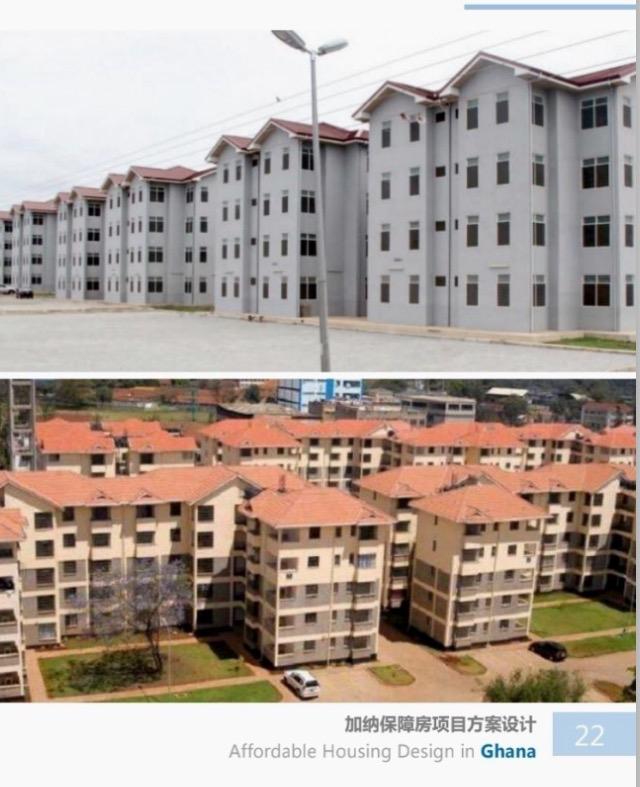In a country like Ghana, housing provision is a critical driver of economic development. It helps to create jobs and create multiplier effects. This report aims to analyze the housing situation in Ghana and the implications for socio-development. In Ghana, a significant part of the housing stock is in urban areas. As a result, a large proportion of urban households are without adequate housing.
Ghana has an annual housing deficit of 70,000 to 120,000 units. Accra alone provides between thirty to thirty-five percent of the country’s annual housing demand. Accra alone has over fifty real estate developers. However, the official website of the Ghana Real Estate Development Corporation only lists 36. The country’s housing demand is more pronounced in urban areas than rural areas, and this reflects the shift from rural to urban life.
The government has taken measures to increase housing supply, but these efforts have not met the requirements of low and middle-income households. Instead, most houses earmarked for low and middle income groups were allocated to high-income households, causing the targeted beneficiaries to remain as tenants. Despite the government’s efforts, there are still large housing needs in Ghana. The country needs an additional 100,000 housing units per year to meet its growing population, but the available supply is only 35 percent of the demand.
Ghana’s housing shortage is a complex issue. The government’s current policies and practices must take into account a variety of factors. First, the country’s agriculture sector has to be more productive. While the government is attempting to boost the agricultural sector and make it more productive, it must consider how food production and housing go hand-in-hand.

